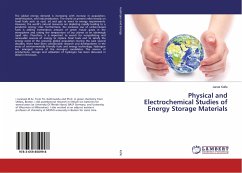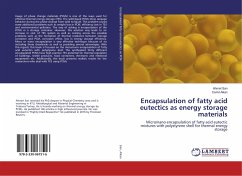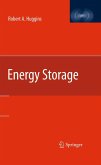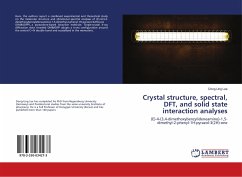At the present stage of human development, new technical capabilities have appeared that allow obtaining new, more complete and reliable experimental results.In the study of materials, both experimental data and theoretical interpretation of the obtained results are equally important. A comprehensive consideration of the processes taking place can give a relatively objective idea of the state of matter.In the proposed book, theoretical calculations are carried out from the standpoint of molecular-kinetic theory. Molecular-kinetic theory allows us to clarify the main characteristic features of such phenomena in alloys as atomic ordering, atomic diffusion, solubility of atoms in alloys, decomposition of alloys, plastic deformation of metals, heat capacity of alloys, etc. Metal-hydrogen compounds are interesting both from a scientific and from an applied point of view. The simplicity of the electronic structure, small mass and geometric size of hydrogen atoms make metal-hydrogen systems exceptionally interesting for studying a wide range of problems of modern solid-state physical chemistry.
Bitte wählen Sie Ihr Anliegen aus.
Rechnungen
Retourenschein anfordern
Bestellstatus
Storno








